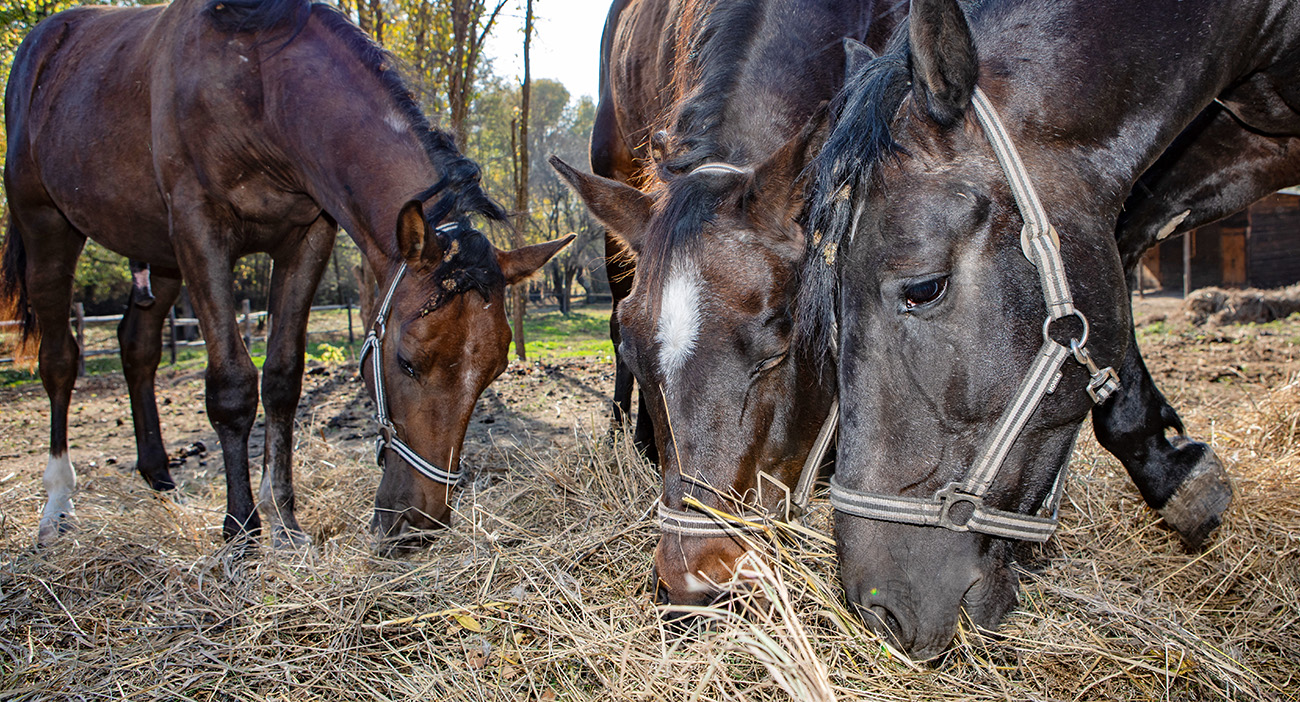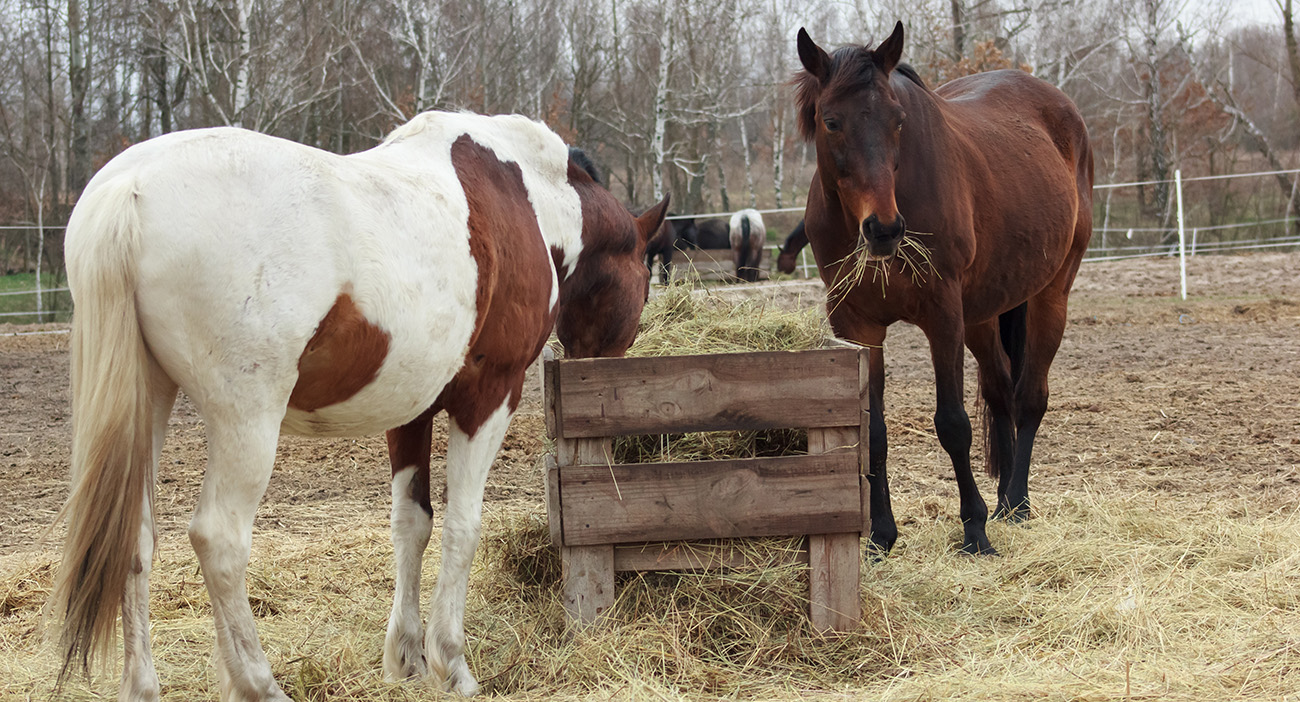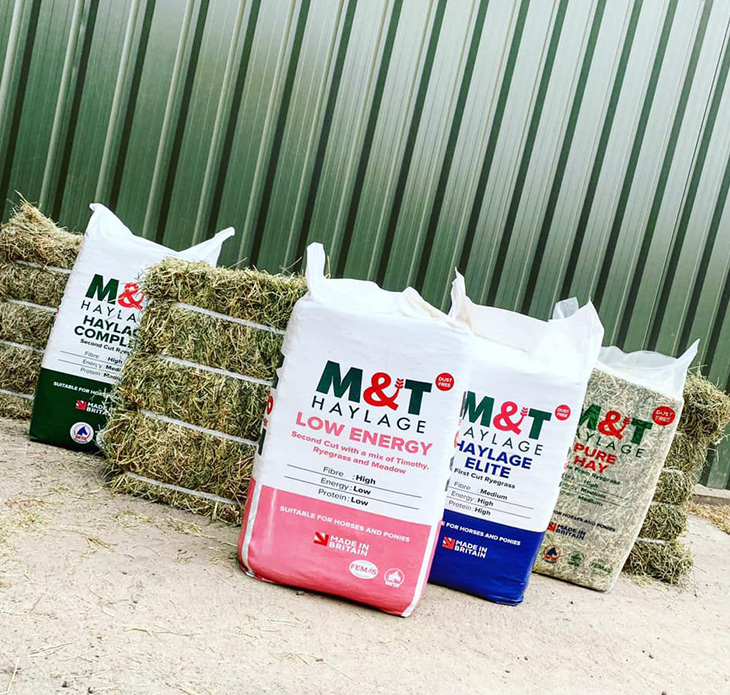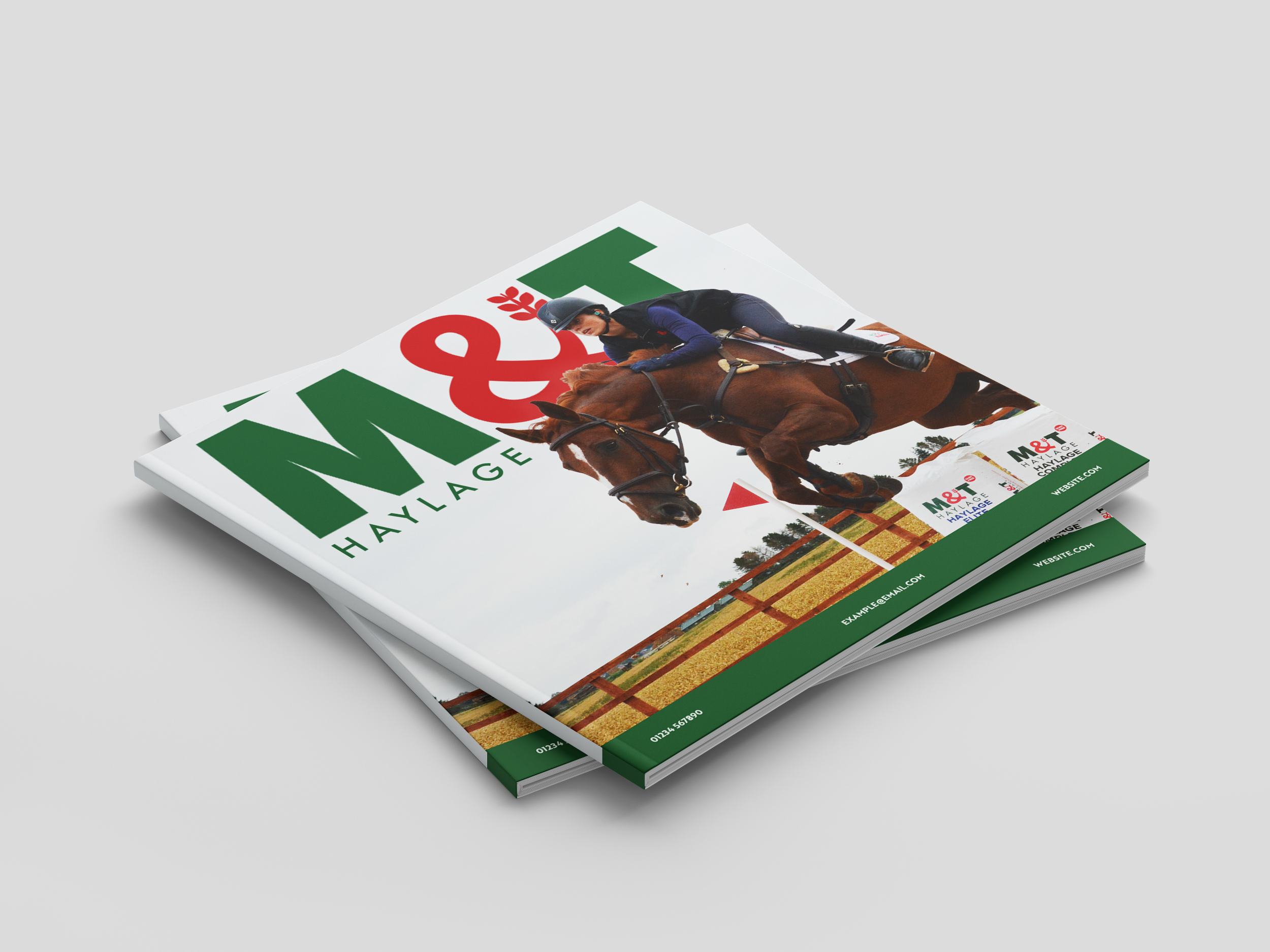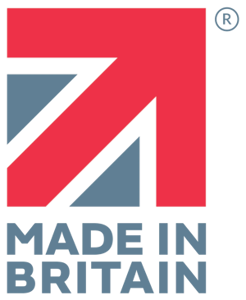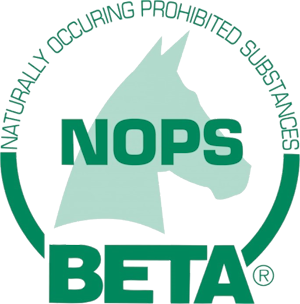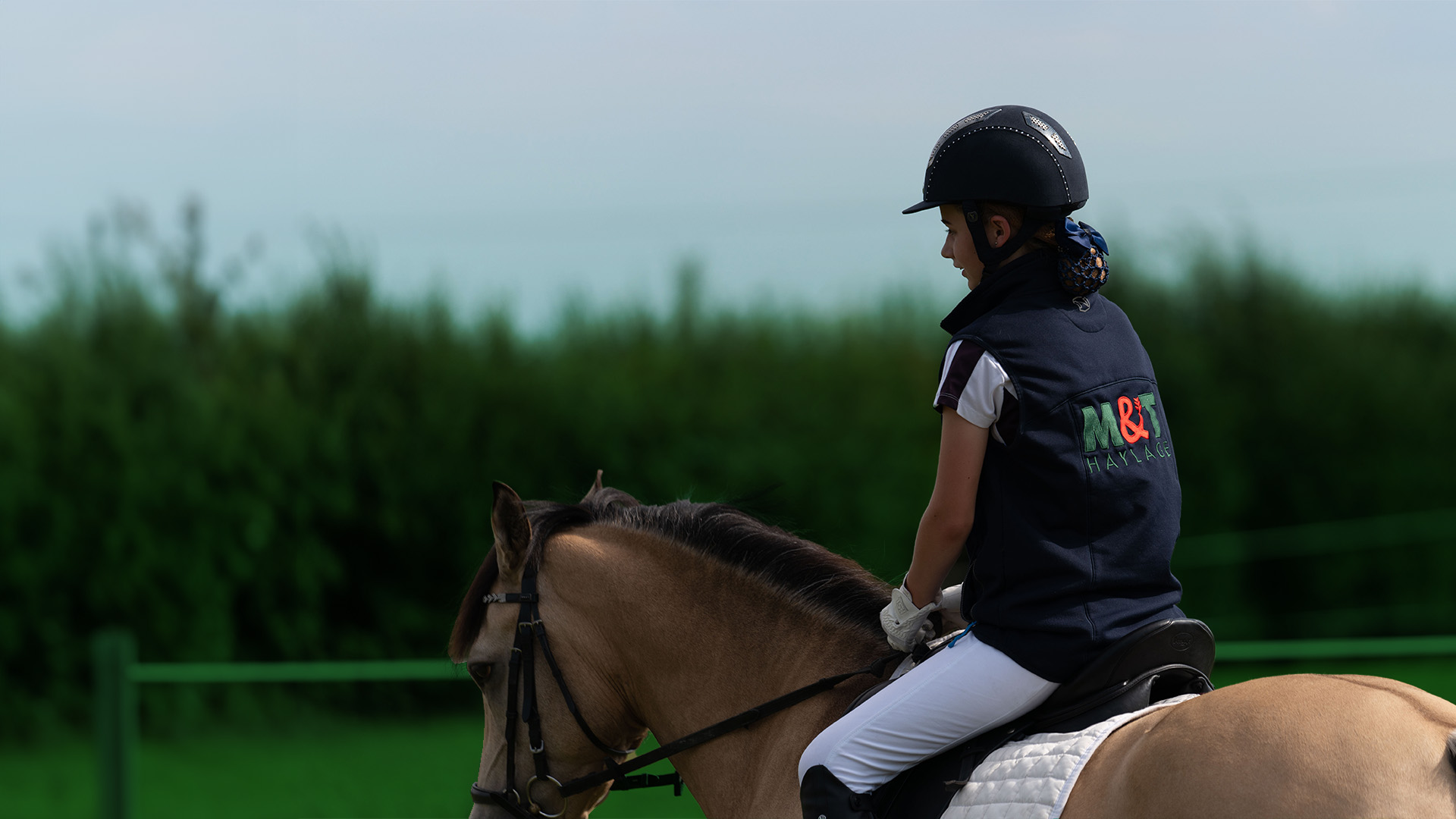
Our Blog
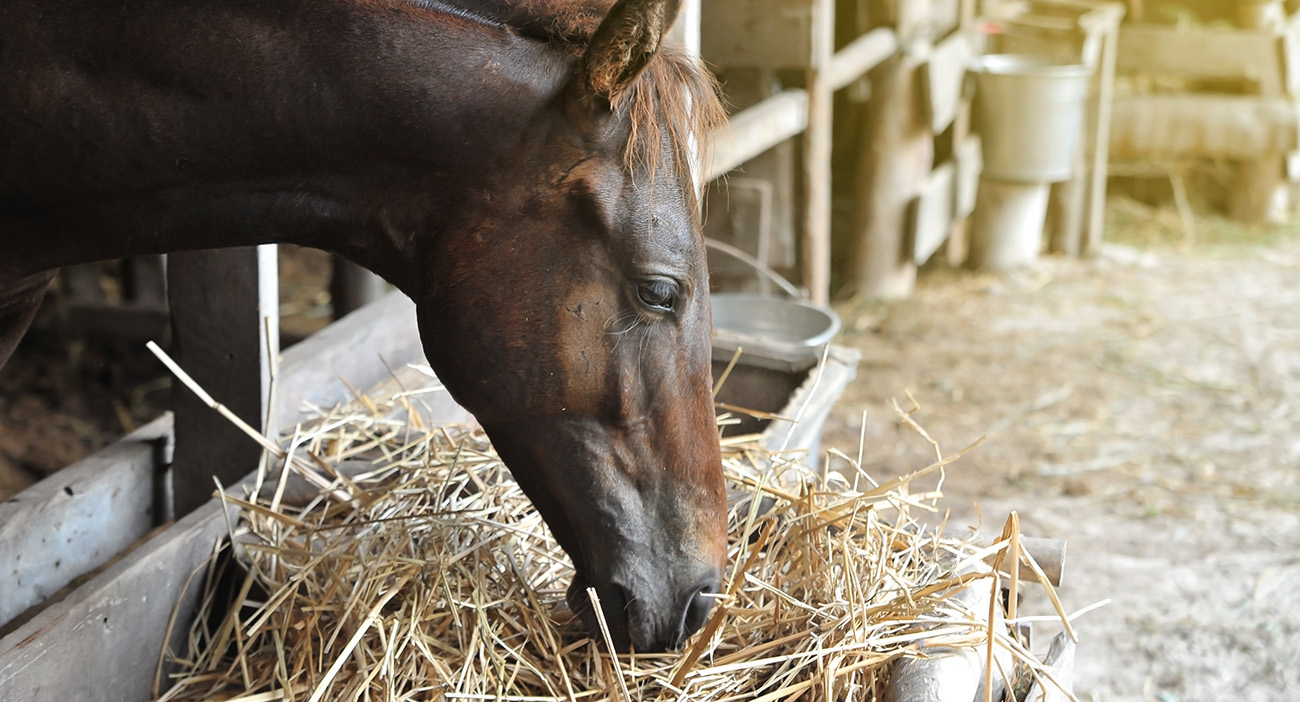
October 28, 2025
Feeding the Veteran Horse: 7 Golden Rules for Their Golden Years
As advancements are made in veterinary medicine, more horses are living longer, and it’s more important than ever to be aware of senior horses’ unique nutritional needs. Ageing can alter a horse’s nutritional requirements, and this needs to be taken into account when creating their feeding regime. Feeding the veteran horse should focus on high-quality fibre, easily chewable forage and smaller, more frequent meals.
Although every senior horse is different, our nutritionist Briony shares some top tips you can follow to keep your veteran horse healthy during their golden years:
“As horses age, their digestive system naturally becomes a little less efficient, meaning they may not extract nutrients from their feed as effectively as they once did. Every older horse is different, so their diet should be adapted to their individual needs — but ensuring a good foundation of high-quality, digestible fibre is always the best place to start.”
In the rest of this blog, Briony will cover the 7 golden rules you should follow when feeding your veteran horse and answer your most frequently asked questions about veteran horse feeding.
Understanding the Needs of the Veteran Horse
There is no set age when a horse becomes a ‘veteran’, although according to Horse and Hound, a horse is considered to be a veteran when they are 15 years old, and this is widely accepted. As horses age, their digestion, metabolism and overall health are affected. Understanding these changes is key to creating a feeding plan that keeps senior horses healthy and comfortable in their golden years. The most common age-related changes include:
- Poor dental health – Worn or missing teeth can make chewing less effective, leading to quidding (dropping partially chewed feed) and weight loss. Offering softer forage, such as meadow hay or haylage, helps ensure senior horses can eat comfortably and maintain body condition.
- Reduced digestive efficiency, particularly a decline in the digestion and absorption of nutrients and fibre, is common in older horses. This is thought to result from reduced digestive enzyme activity and age-related changes in the hindgut microbiome. Feeding highly digestible fibre sources can help to support gut health, maintain condition, and reduce the risk of digestive upset.
- More chance of developing metabolic conditions like PPID (Cushing's disease) and insulin dysregulation, which can affect weight and energy levels. These conditions require a low-sugar, low-starch diet to manage them and reduce metabolic stress.
- Lower water intake and gut motility – Some older horses are less inclined to drink, particularly when water is cold in winter. Combined with reduced movement, this can slow gut transit time and increase the risk of dehydration or impaction colic. Offering soaked feeds or forage helps to support hydration and healthy digestion.
- Loss of muscle mass and changes in body condition – Ageing is often accompanied by a gradual reduction in muscle tone (sarcopenia) and altered fat distribution, which can affect strength, topline, and stability. Providing good-quality protein sources, such as soya bean meal, helps support muscle maintenance.
- Weakened immune function– The immune system may become less responsive with age, making older horses more susceptible to infections or slower to recover from illness or exercise. Ensuring adequate intake of vitamins, minerals, and antioxidants (such as vitamin E and selenium) helps support immune health. This is particularly important for horses with limited or no access to fresh pasture, as vitamin E levels are much higher in fresh grass than in conserved forage.
- Behavioural and appetite changes– Senior horses may become fussier or slower eaters, sometimes due to dental discomfort or reduced appetite. Feeding smaller, more frequent meals and offering a variety of palatable fibre sources — a “fibre buffet” of options such as meadow hay, haylage or alfalfa haylage — can encourage consistent intake and support digestive health.
Signs Your Ageing Horse is Not Getting the Nutrients They Need
There are several signs you should look out for that indicate your veteran horse may not be getting the nutrients they require. Signs of age-related changes may include:
- Weight loss or poor body condition, often caused by reduced digestive efficiency, dental issues, or insufficient calorie intake.
- Slower recovery from exercise may indicate inadequate protein or energy in the diet to support muscle repair.
- Decreased performance - a lack of key nutrients can affect stamina, strength, and overall fitness.
- Reduced energy or lethargy can result from low calorie intake or imbalances in vitamins and minerals that affect metabolism.
- Loss of top-line or hindquarter muscle mass - Muscle loss (sarcopenia) may occur when dietary protein quality, total energy intake or exercise levels are insufficient.
- Decreased coat and hoof condition, or hair loss, may reflect deficiencies in protein, fat, or essential vitamins and minerals such as biotin, zinc or copper
- Quidding or difficulty chewing - dental problems can make chewing uncomfortable or incomplete, reducing feed intake and nutrient absorption.
- Loose manure or digestive upset can indicate compromised hindgut function or an inability to digest certain feeds efficiently.
- Refusal of feed or fussy eating may signal oral discomfort, digestive sensitivity, or metabolic issues.
- Changes in behaviour or herd hierarchy - low energy, discomfort or chronic pain can affect social interactions and behaviour.
7 Rules for Feeding a Veteran Horse
Feeding a veteran horse doesn’t need to be challenging… Below, Briony covers the 7 fundamental rules you should be aware of when feeding a senior horse.
Golden Rule 1: Fibre First for Digestive Health
Fibre should form the foundation of any horse's diet, but it is especially crucial for older horses as it helps to support their digestive function, maintain their body condition and reduce the risk of metabolic issues.
How Much Forage Does a Veteran Horse Need?
A veteran horse should consume at least 1.5% of their bodyweight in forage on a dry matter basis to meet their fibre needs. For a 500 kg horse, this would be roughly 8.3kg of hay (based on a dry matter of 90%) or around 11.5kg of haylage (based on a dry matter of 65%). For older horses that need to gain weight, 2-2.5% of their bodyweight in fibre on a dry matter basis should be the aim.
Should I Feed My Veteran Horse a Senior or Veteran Feed?
Briony advises:
“There’s now a wide range of senior feeds available, not just high-calorie options for horses that struggle to hold weight. Modern formulations recognise that some older horses are actually good doers, while others need extra support. The focus should be on choosing a feed that provides high-quality, digestible fibre and good protein to suit your individual horse’s needs.”.
Senior horse feeds are typically formulated with higher levels of fibre than standard feeds. They also offer increased calories and nutrients and can be served in a palatable and easily digestible format, such as mash or cubes. For veteran horses with dental issues, other fibre sources, such as beet pulp, are a useful alternative to hard feed. Picky eaters may also benefit from the addition of fat, such as flaxseed oil.
Golden Rule 2: Adapt Feeding to Dental Changes
Senior horses are more prone to dental issues, including worn, missing or painful teeth. This can make chewing forage and concentrates challenging, and your veteran horse’s diet will need to be adapted to ensure they receive adequate nutrition.
What are the Tell-tale Signs of Dental Issues in Older Horses?
You should look out for a loss of body condition and muscle wastage, as well as dropped partially chewed food (quidding). Horses with painful teeth may also avoid or appear disinterested in feed.
How to Adjust Feeding for Senior Horses with Dental Issues?
Here are some top tips for feeding veteran horses with dental problems:
- Soaked forage – soaking hay or a suitable forage replacement softens fibre, making it easier to chew and digest.
- Chopped fibre – chopped hay, haylage or high-fibre chaff reduces the need for extensive chewing while maintaining fibre intake
- Choose haylage over hay - haylage is typically softer, moister and easier to chew.
- Smaller, frequent meals – providing multiple smaller meals helps prevent digestive stress and ensures consistent nutrient intake.
- Monitor intake and body condition – regularly check for weight loss, quidding, or other signs of feeding difficulty.
Golden Rule 3: Balancing Weight and Condition
Maintaining an appropriate body condition (BCS 4-6) can be one of the trickiest elements of feeding a veteran horse. Not sure how to body condition score your horse? Read our in-depth blog, ‘ How To Body Condition Score Your Horse’, for all the information you need.
Older horses may be prone to weight loss due to reduced nutrient absorption or dental issues, but many senior horses also struggle with weight gain due to decreased exercise. Excess weight can increase the risk of laminitis and exacerbate metabolic conditions like insulin dysregulation, so it’s important to effectively manage your senior horse's weight.
Below, Briony outlines some practical guidelines to follow:
- Monitor body condition regularly – Regularly assess and record your horse’s body condition score (BCS) each month to track changes in fat coverage. Adjust forage quantity and feed energy levels accordingly
- Assess muscle tone and topline - Body condition scoring reflects fat, not muscle. Check your horse’s topline, neck, and hindquarters for signs of muscle loss or asymmetry. Support muscle maintenance through adequate energy intake, high-quality protein, and appropriate exercise suited to your horse’s age and ability.
- Tailor feeding to activity level, for example, reducing calorie intake if turnout or exercise is limited.
- Weigh feed and forage rather than guessing quantities. At M&T Haylage, all our forage has a dry matter percentage, allowing you to easily calculate the amount you need for your senior horse.
- Seek advice from an equine nutritionist if you are concerned about your senior horse’s condition.
Golden Rule 4: Protein, Vitamins and Minerals Matter
Providing your veteran horse with high-quality protein and essential vitamins and minerals is crucial for supporting muscle tone, immunity, and joint health. Older horses naturally lose muscle mass, particularly along the topline and hindquarters. Ageing also reduces immune system efficiency, so antioxidants and key vitamins help maintain disease resistance. Specific nutrients, like omega-3s, glucosamine, and chondroitin, support joint health and mobility in older horses.
Briony recommends:
“Add high-quality protein sources, such as alfalfa, or a complete senior feed and consider joint supplements for horses with arthritis or mobility issues.”
Golden Rule 5: Manage Starch and Sugar Levels
Senior horses are more susceptible to metabolic issues, laminitis and digestive upset, so monitoring starch and sugar levels is vital. High starch diets can disrupt microbiota and increase colic risk.
Pituitary Pars Intermedia Dysfunction (PPID or Equine Cushing's Disease), insulin dysregulation and Equine Metabolic Syndrome (EMS) are more common in older horses, particularly those that are overweight. So, it’s crucial to focus on a low-sugar, low-starch diet, especially if your veteran horse has other risk factors. Briony recommends looking for low-NSC (Non-Structural Carbohydrate) forage and feeds, and avoiding cereals and molasses-based products
For a more comprehensive guide to feeding a horse with EMS, read our blog, ‘How To Feed EMS Horses: Nutritionist Top Tips For Horses’.
Golden Rule 6: Hydration and Feed Form
As horses age, reduced movement and slower gut motility can increase the risk of impaction colic. Maintaining good hydration is therefore essential for supporting digestion. A mature horse is made up of around 60% water, and even at rest, still needs to consume 25–45 litres of water daily, increasing to up to 60 litres in warm weather. Older horses may also be more sensitive to cold water, so offering slightly warmed water in winter can encourage drinking. Providing soaked feeds or haylage adds extra moisture to the diet, helping to keep the digestive system hydrated and functioning efficiently.
Golden Rule 7: Feed Little and Often
Smaller, more frequent meals better suit the ageing digestive system, which may not tolerate large, infrequent meals. Regular small meals reduce the risk of hindgut overload and digestive upset, and help stabilise blood sugar levels and prevent dips in energy. This also ensures that older horses with dental issues or reduced appetites receive sufficient nutrients.
Here are some of Briony’s tips for the best approach to feeding the senior horse:
- Divide daily feed into 3–4 smaller meals.
- Use high-fibre, easily digestible feeds for each portion.
- Monitor intake and adjust quantity per meal to maintain body condition.
Bonus Rule: There’s No One-Size-Fits-All Approach
Although these rules are useful guidelines for feeding your veteran horse, it’s important to remember that there is no one-size-fits-all approach to nutrition. A senior horse that is still in work and in good health will have very different nutritional needs from a senior horse with dental problems that is retired to pasture. Every horse feeding plan should be fully tailored to them and their needs. You should carefully consider the following factors when tailoring your veteran horse’s feeding plan:
- Fitness and activity level
- Dental health
- Body weight and condition
- Muscle condition, e.g. topline
- Metabolic health
- Season and weather
- Behaviour and appetite
- Digestive history
- Health issues and veterinary or nutritional advice
- Management
Choosing the Right Forage for Veteran Horses
Forage should always remain the backbone of a horse’s diet, and this is especially true for veterans. Fibre is essential for healthy digestion, steady energy release and maintaining body condition in later years. Even as older horses face challenges with chewing, digestion or appetite, the right forage choice can make a big difference to their health and ensure they receive adequate nutrition.
Hay vs Haylage: Pros and Cons for Senior Horses
- Hay – A traditional forage option, hay can provide excellent fibre if it is clean and well-made. However, the chew
challenge
can vary between different hay types depending on their coarseness, fibre length, and moisture level. For example, meadow hay is typically softer and easier to chew than timothy hay, making it a more suitable choice for many senior horses. - Haylage – Due to the higher moisture level, haylage is often softer with lower levels of respirable particles and generally more palatable, making haylage easier on an older horse’s respiratory system and teeth. Its higher moisture content supports hydration and can encourage fussy eaters to consume enough forage.
Learn more about M and T Haylage’s range of dust-extracted, high-quality forage for horses of all ages. Or read our blog, ‘Hay vs Haylage: Which Is The Right Option For Your Horse?’, for an in-depth comparison between hay and haylage.
When Haylage is the Better Choice for Veteran Horses
There are many situations where haylage is the superior choice for veteran horses:
- Poor dental health - the softer texture can make chewing easier for horses with worn or missing teeth.
- Respiratory sensitivity - naturally lower dust forage, such as haylage, reduces irritation for horses prone to coughing or RAO (Recurrent Airway Obstruction or heaves).
- Fussy eaters - haylage is typically more palatable than hay, encouraging nutrient uptake and supporting weight and condition..
- Palatability - haylage is often more digestible, helping older horses make the most of the nutrients available.
View M&T’s range of premium haylage, home-grown in our fields across Yorkshire.
Provide Your Veteran Horse with High-Quality Forage from M&T Haylage
At M&T, we grow our range of premium hay and haylage on our fields across Yorkshire. All of our forage is homegrown, and our comprehensive procedures ensure that it’s of the highest quality, so you can be sure your senior horse is getting the very best.
We offer a range of premium haylage suitable for senior horses that require a softer, more palatable forage. Each of our haylage products is designed to suit different nutritional needs:
- Haylage Complete - with medium protein and energy levels, this haylage is ideal for senior horses in light to moderate work, or those maintaining weight steadily.
- Haylage Low Energy - with low sugar, starch, and energy levels, this haylage is suitable for older horses on restricted diets or overweight senior horses.
- Haylage Elite - with higher protein and energy levels, this haylage is best for veteran horses struggling to hold weight or poor doers.
Whatever your veteran horse’s requirements, M&T Haylage is committed to providing you with the right kind of forage to support your horse as they age. Get in touch if you would like some expert nutrition from our nutritionist on feeding your senior horse, or would like to know more about our range of high-quality forage.

October 28, 2025
Feeding the Veteran Horse: 7 Golden Rules for Their Golden Years

October 20, 2025
What Type of Hay Is Best for Horses and Ponies?
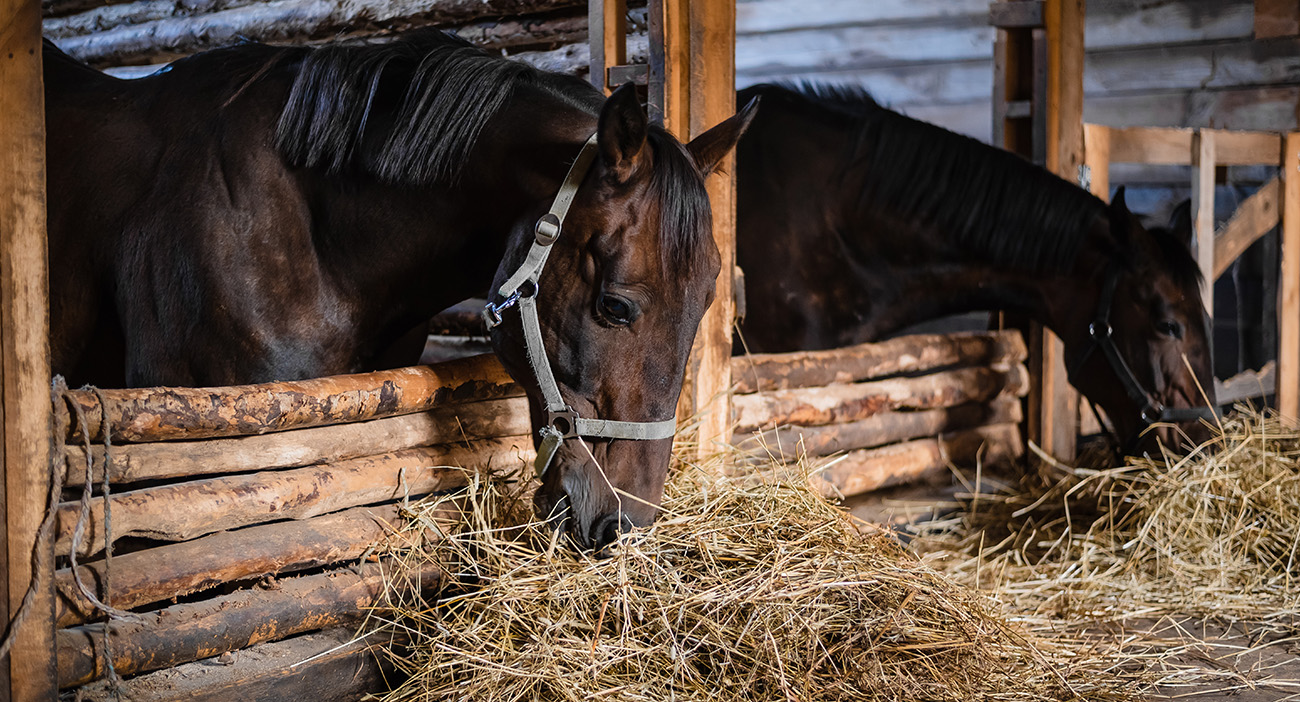
October 5, 2025
What To Feed A Horse With EMS
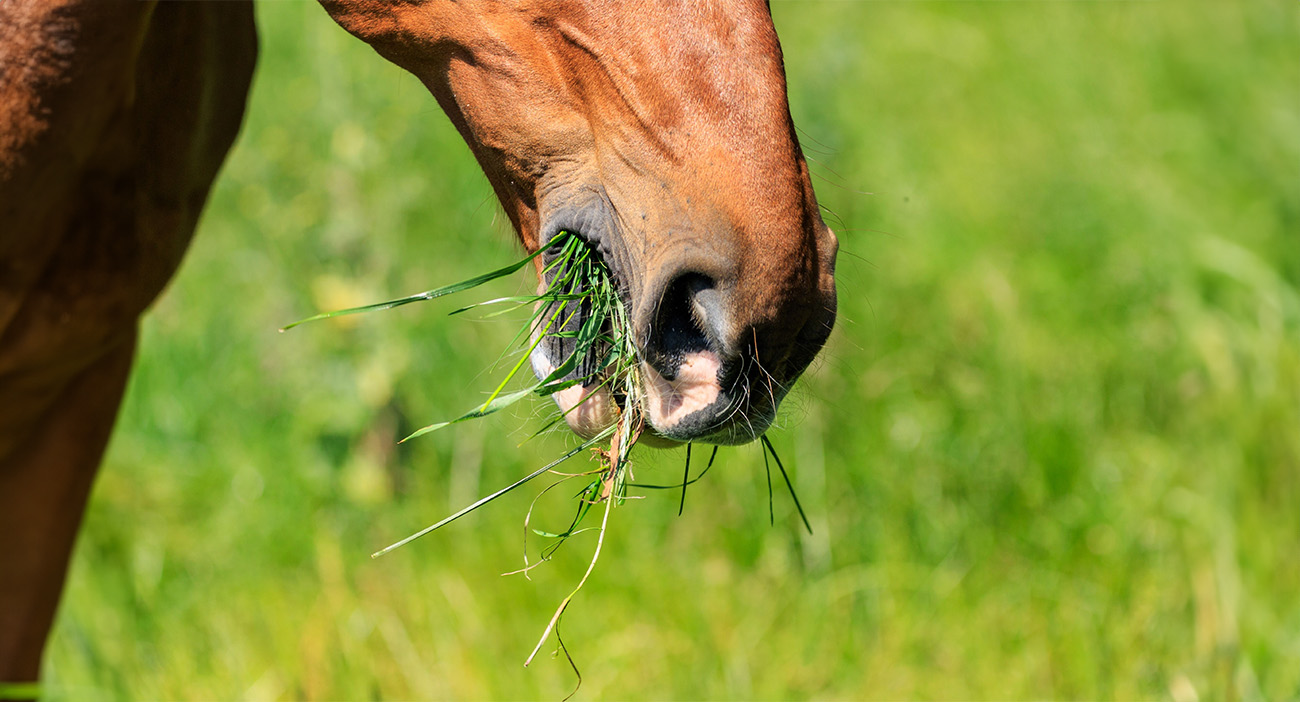
July 16, 2025
Do Horses Need Hay in the Summer?

May 22, 2025
Changing Your Horses Diet From Winter to Spring
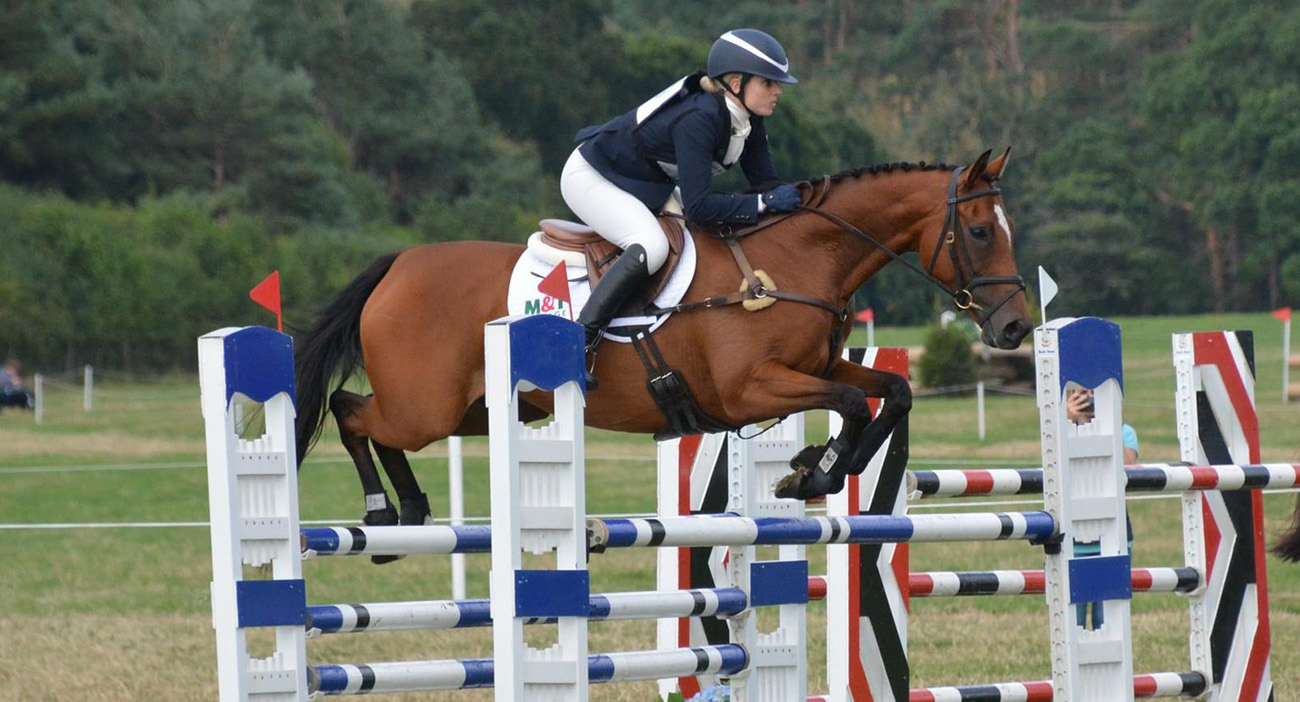
April 4, 2024
Eat, Sleep, Compete, Repeat
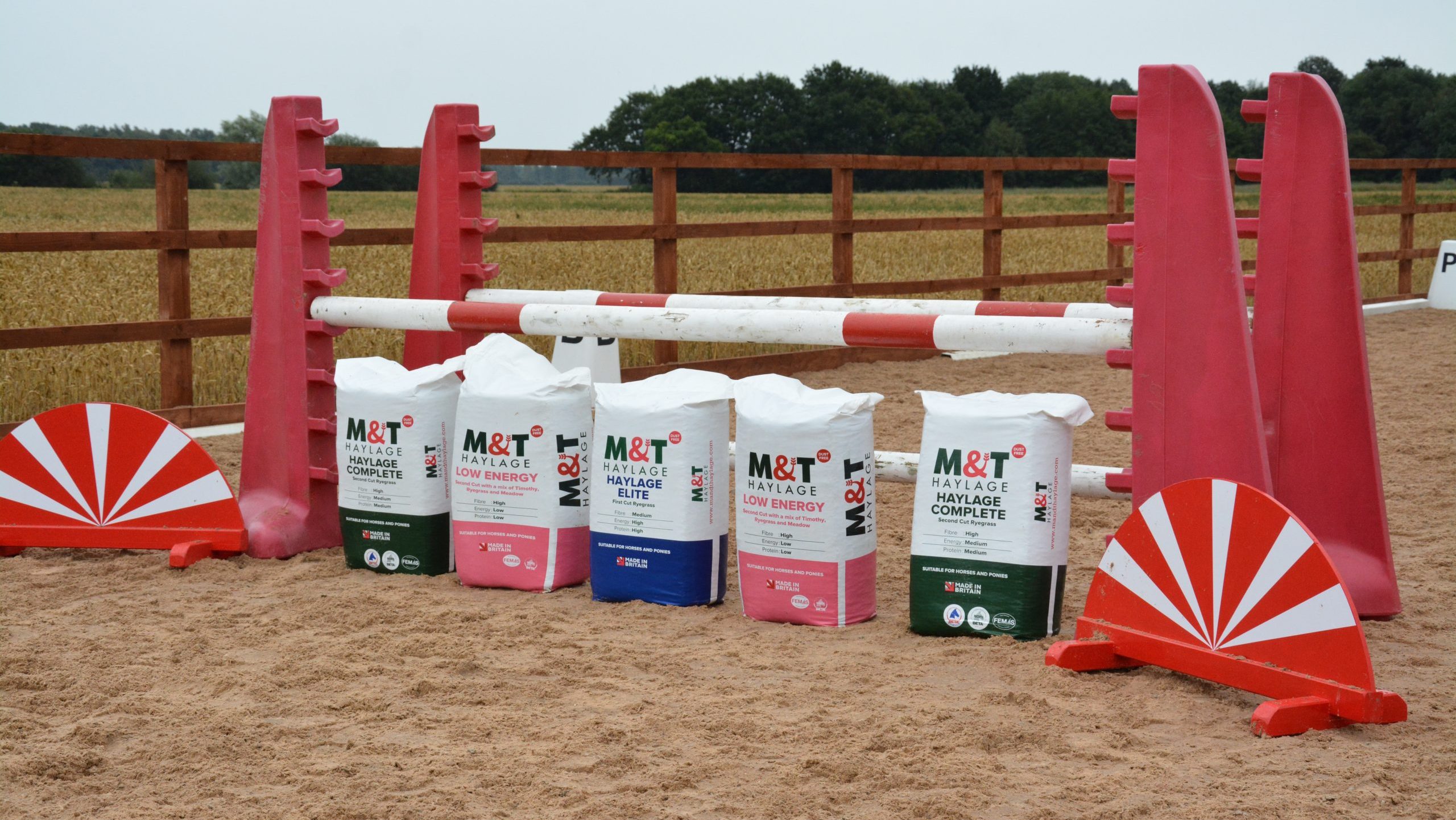
March 8, 2024
Top Tips For Managing Forage On The Go: Part Two

March 8, 2024
Consistency Is Key for Horses
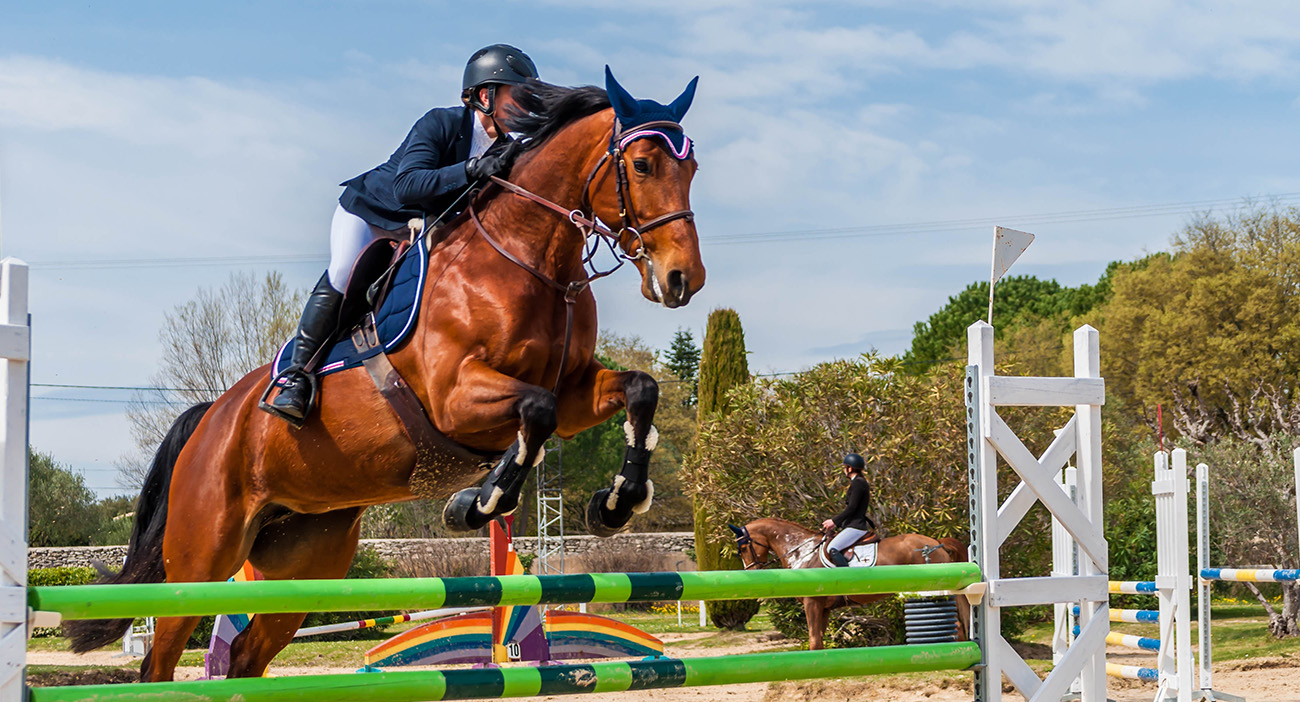
February 19, 2024
Don’t Underestimate The Value of Preparation
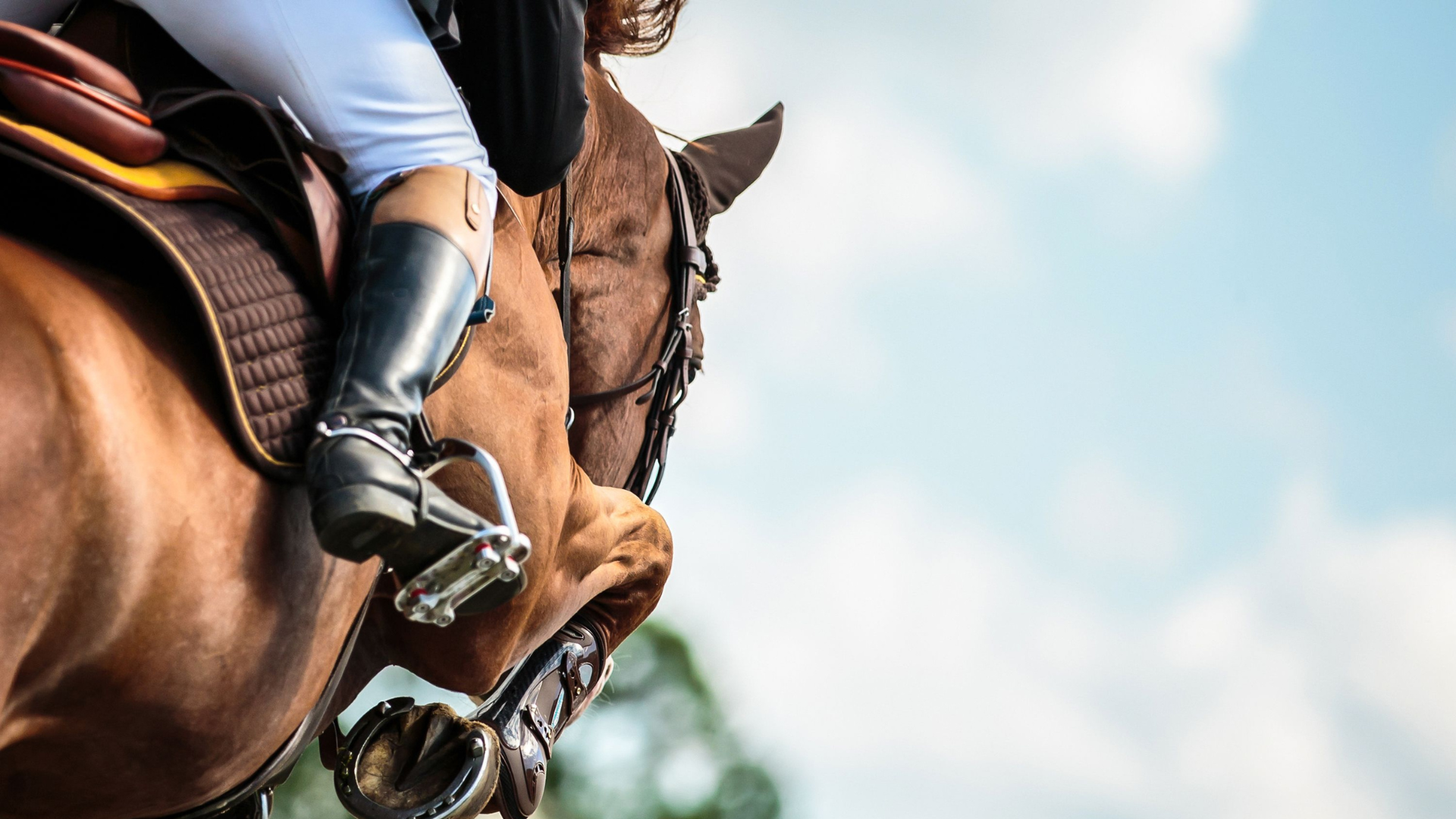
February 6, 2024
Know Your Horse Inside Out
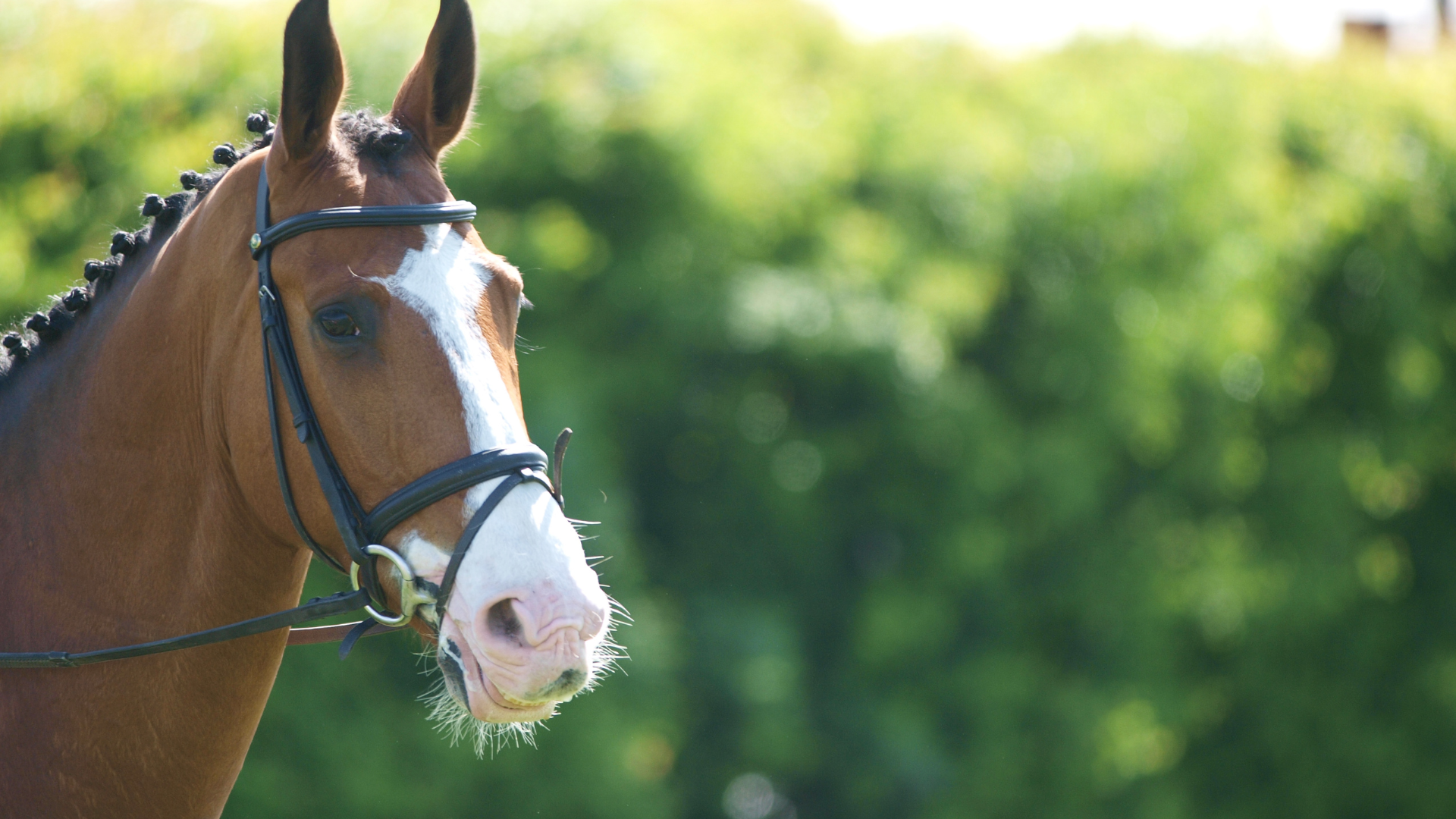
December 11, 2023
How To Get The Most Out Of Your Horse Forage During Winter

September 14, 2023
Hay Exportation – Why Choose British Hay?
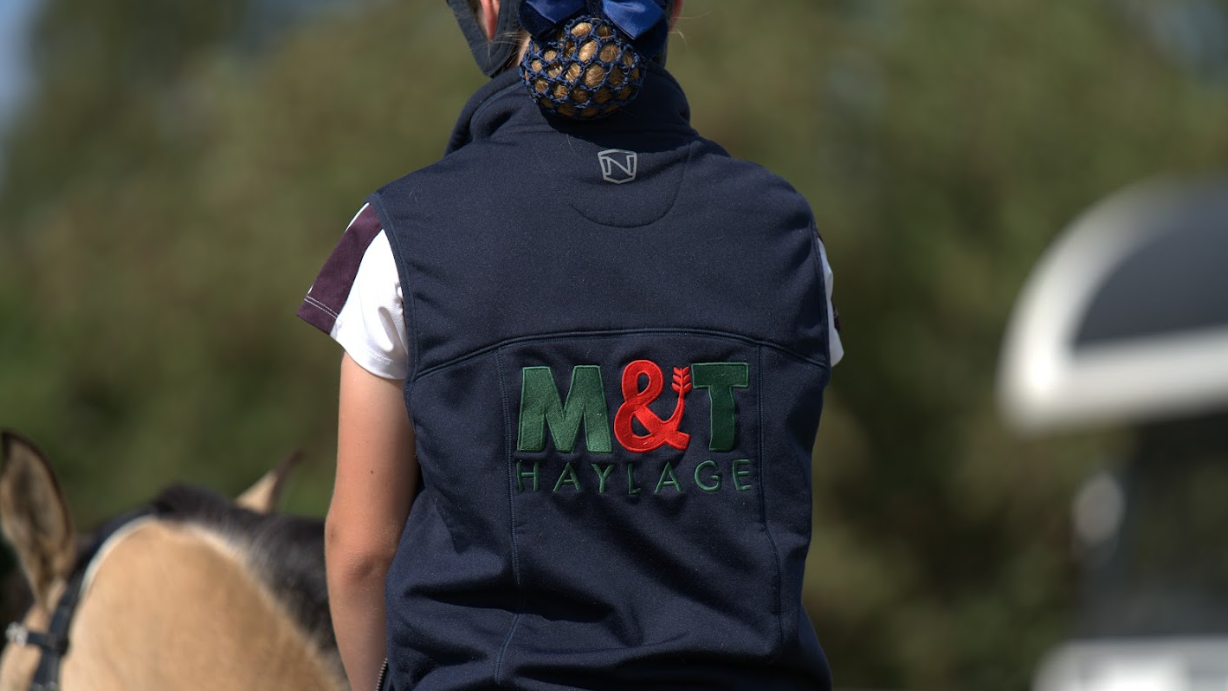
March 3, 2023
Hay vs Haylage: Which Is The Right Option For Your Horse?
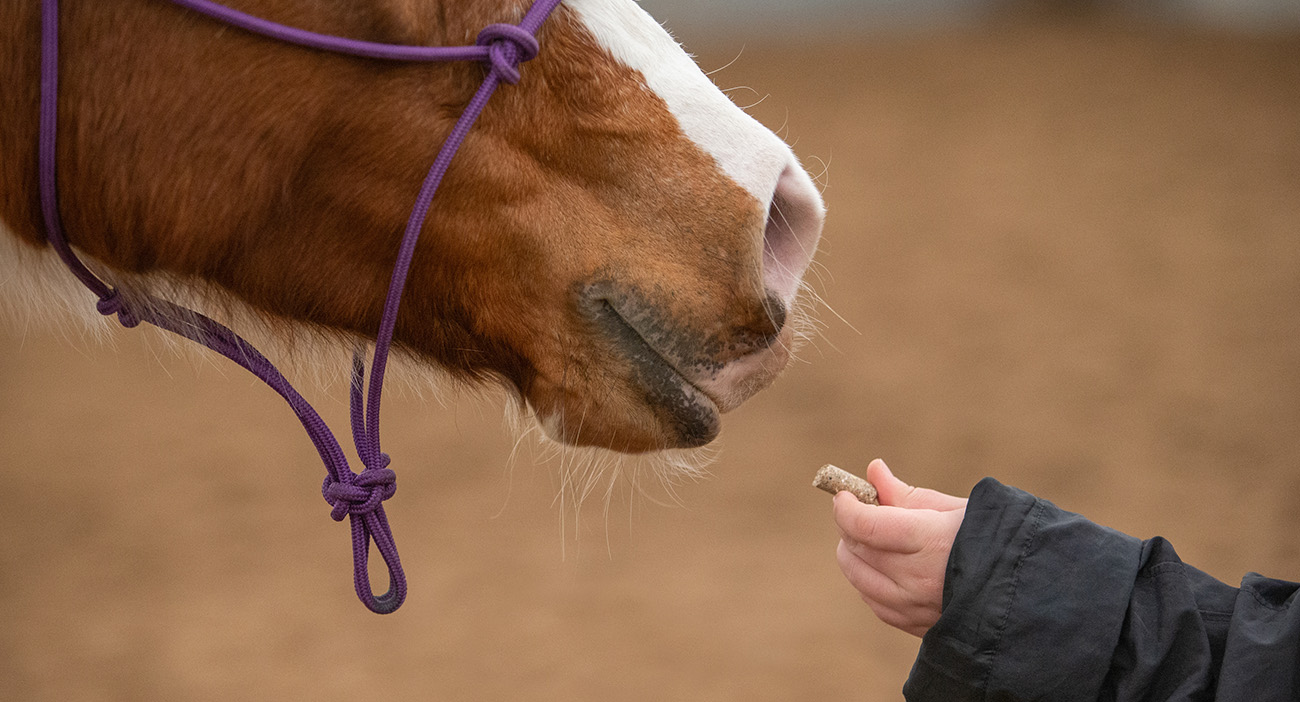
January 13, 2023
How To Bring A Horse Back Into Work After A Break
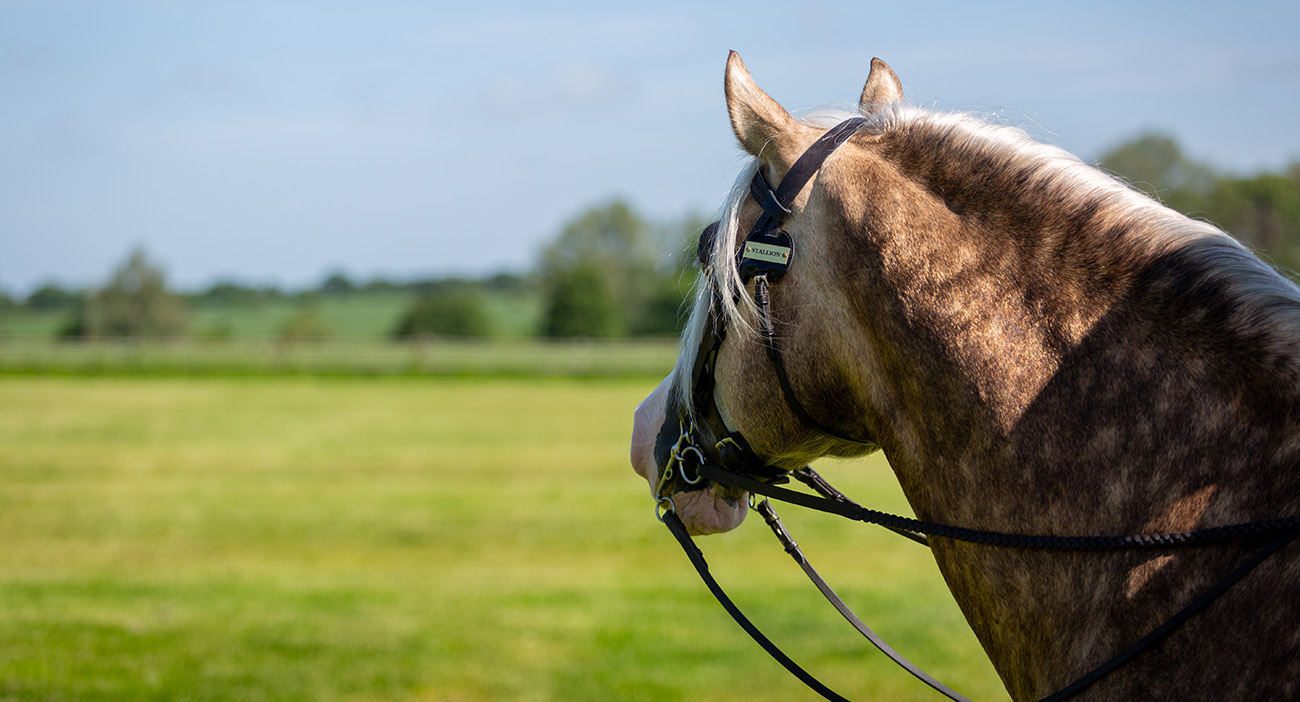
November 23, 2022
How To Body Condition Score Your Horse
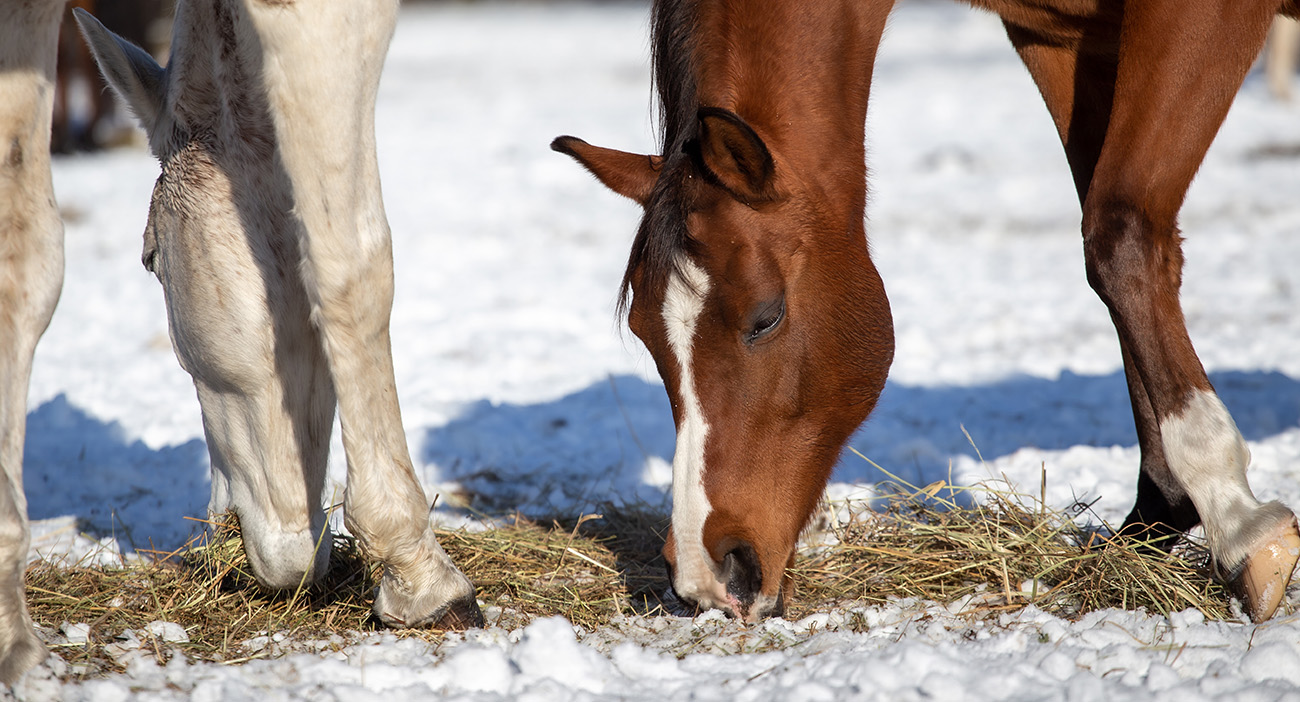
November 7, 2022
Winter Feeding Tips For Horse Owners
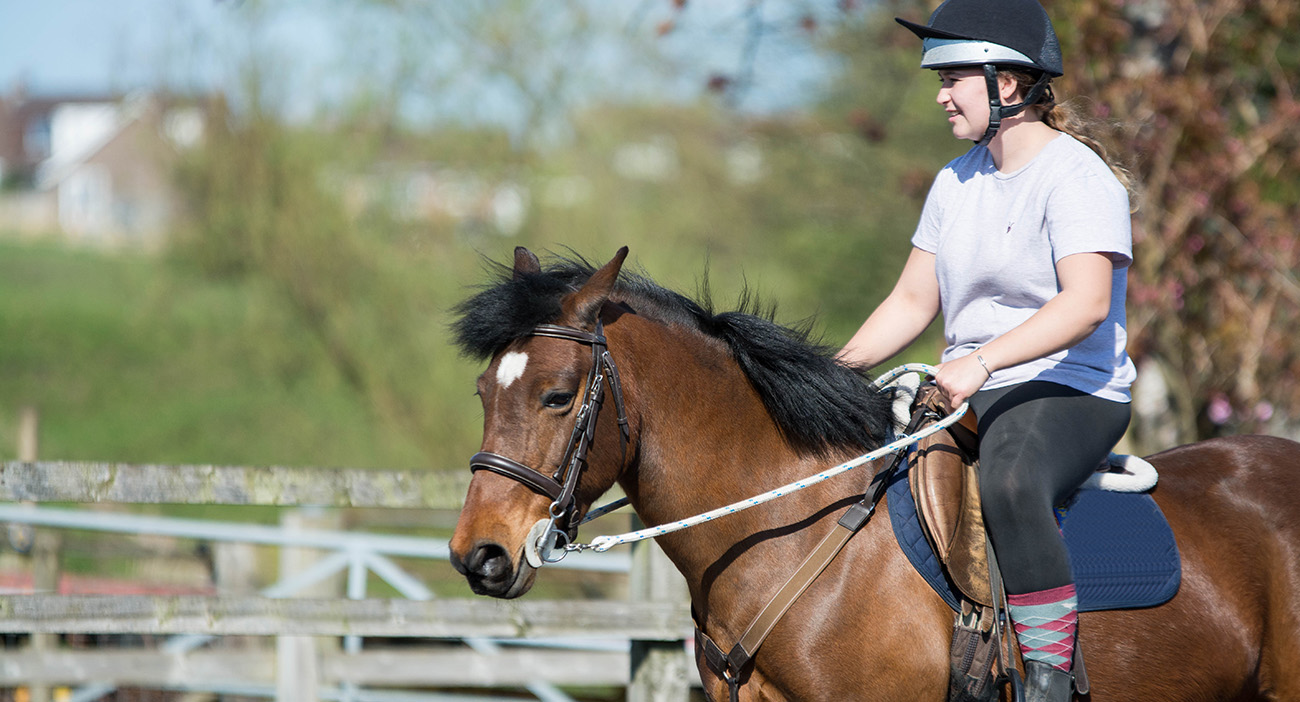
October 20, 2022
Money Saving Tips For Horse Owners
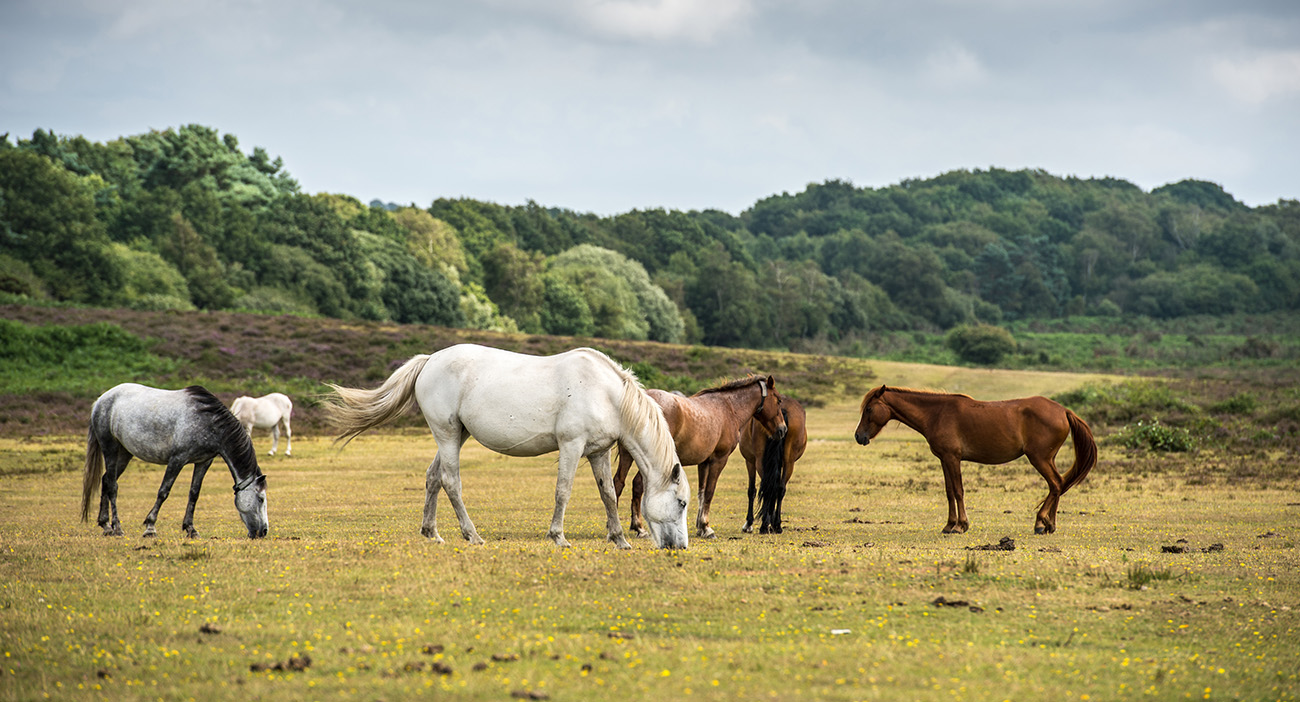
October 3, 2022
8 Ways To Keep Your Horse Entertained

September 30, 2022
Equestrian Question and Answer Session: Sophie Platt
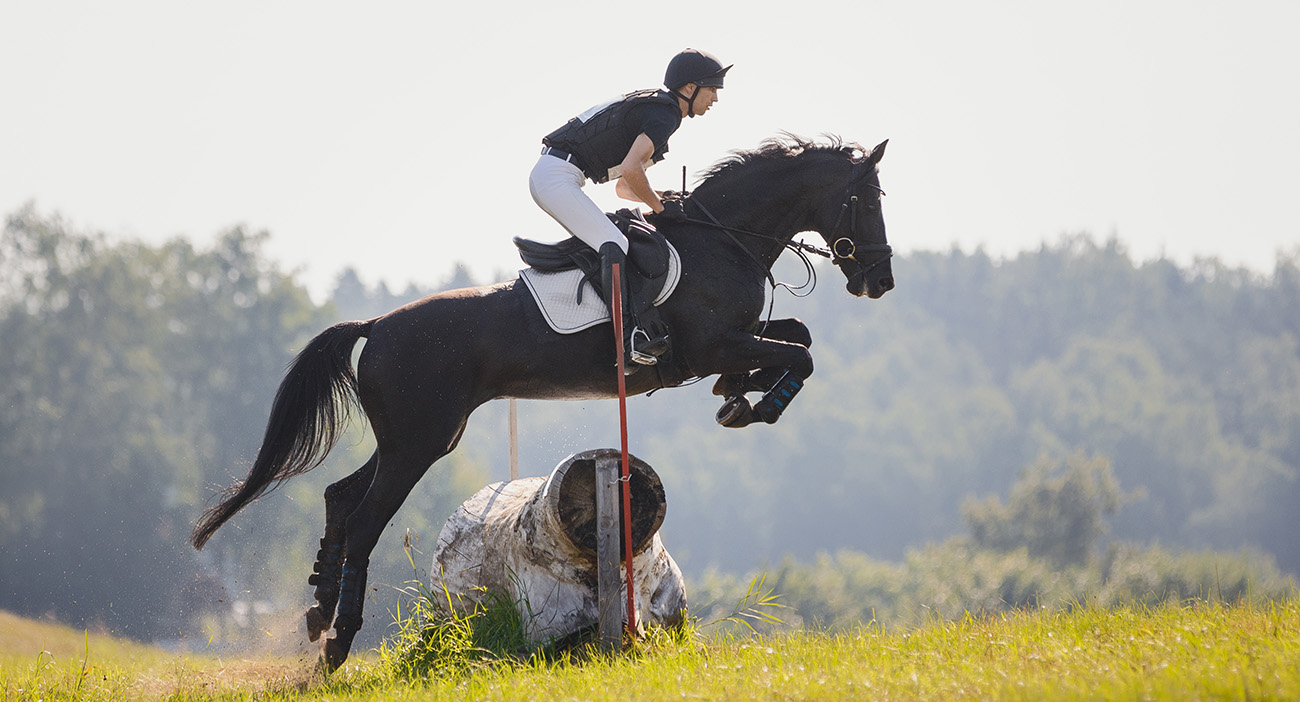
August 25, 2022
Preparing Your Horse For Competition
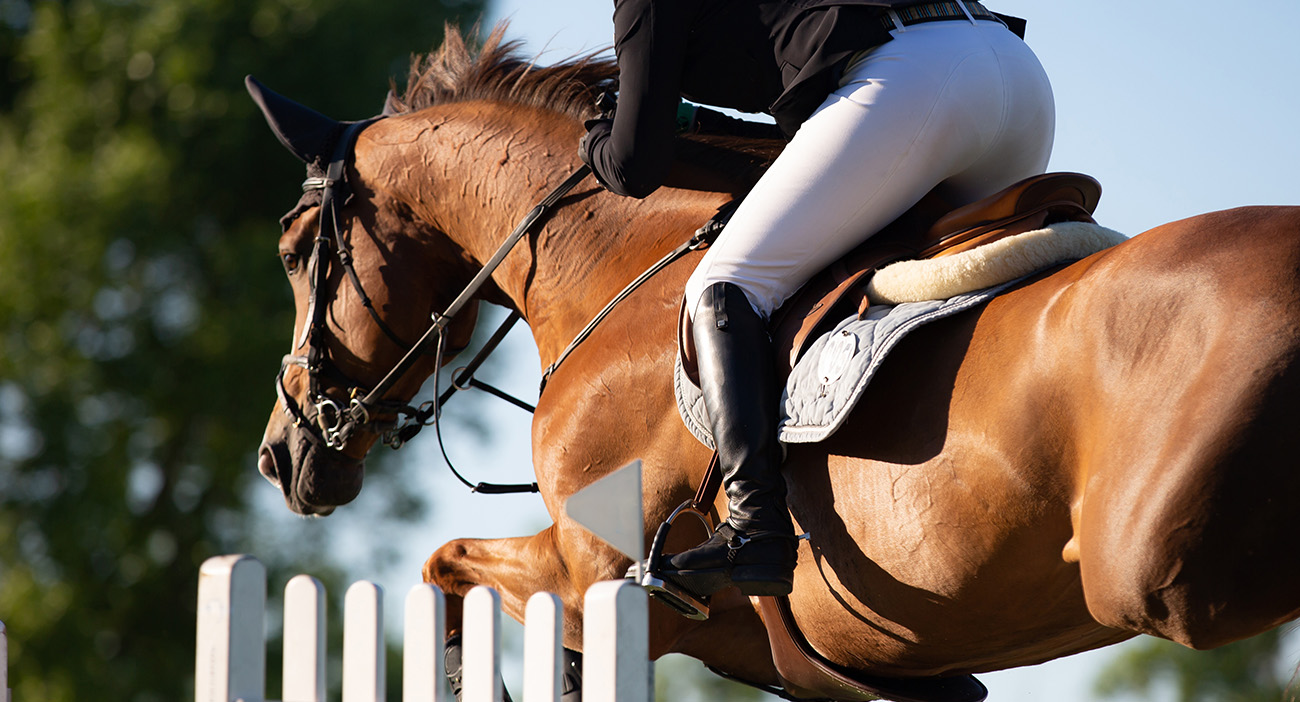
July 28, 2022
What Is Normal For My Horse?
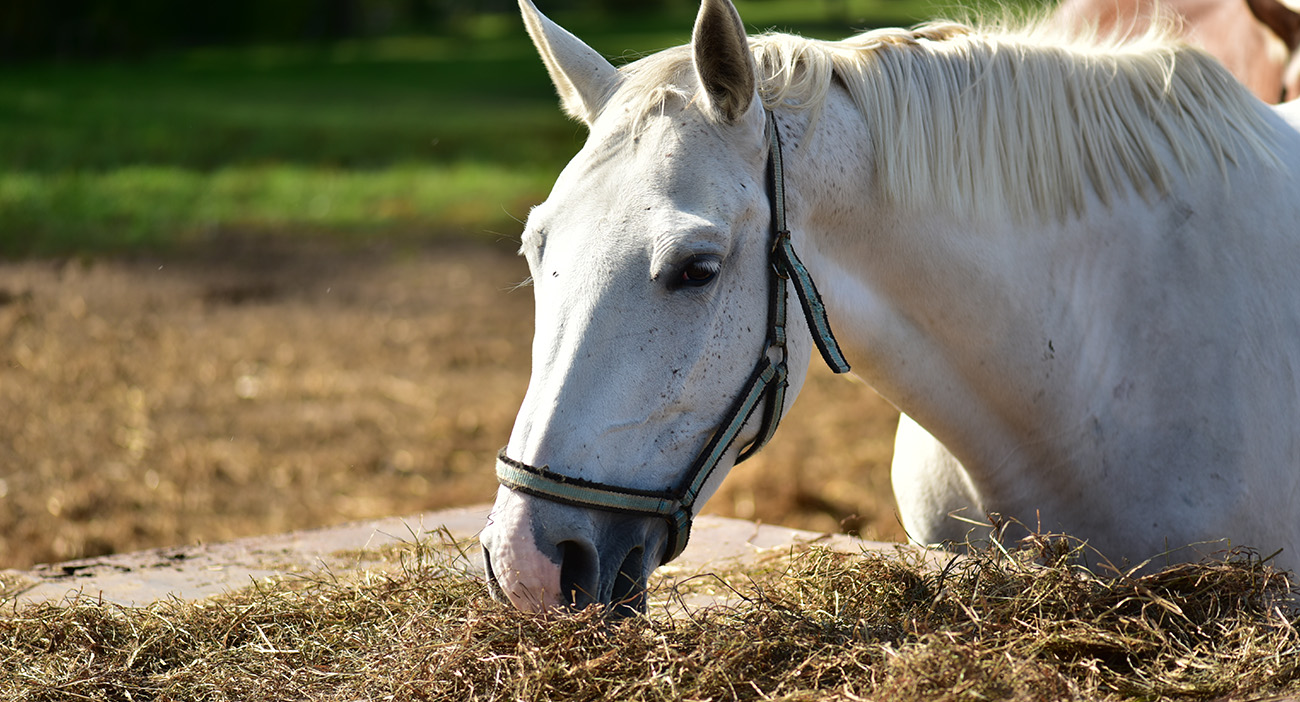
June 30, 2022
Compeition Horses: Managing Forage and Water Intake
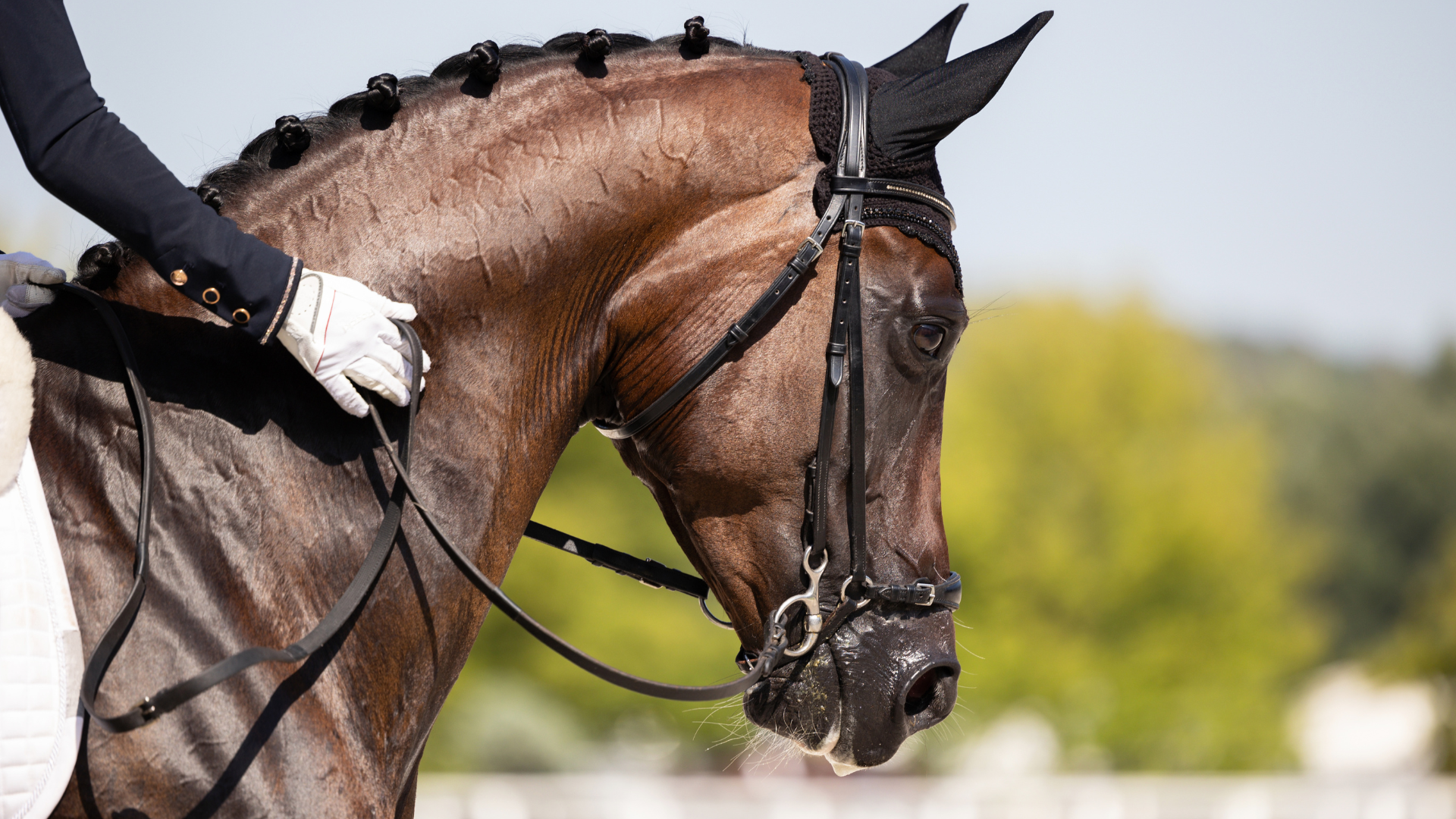
September 22, 2021
Feeding The Equine Athlete
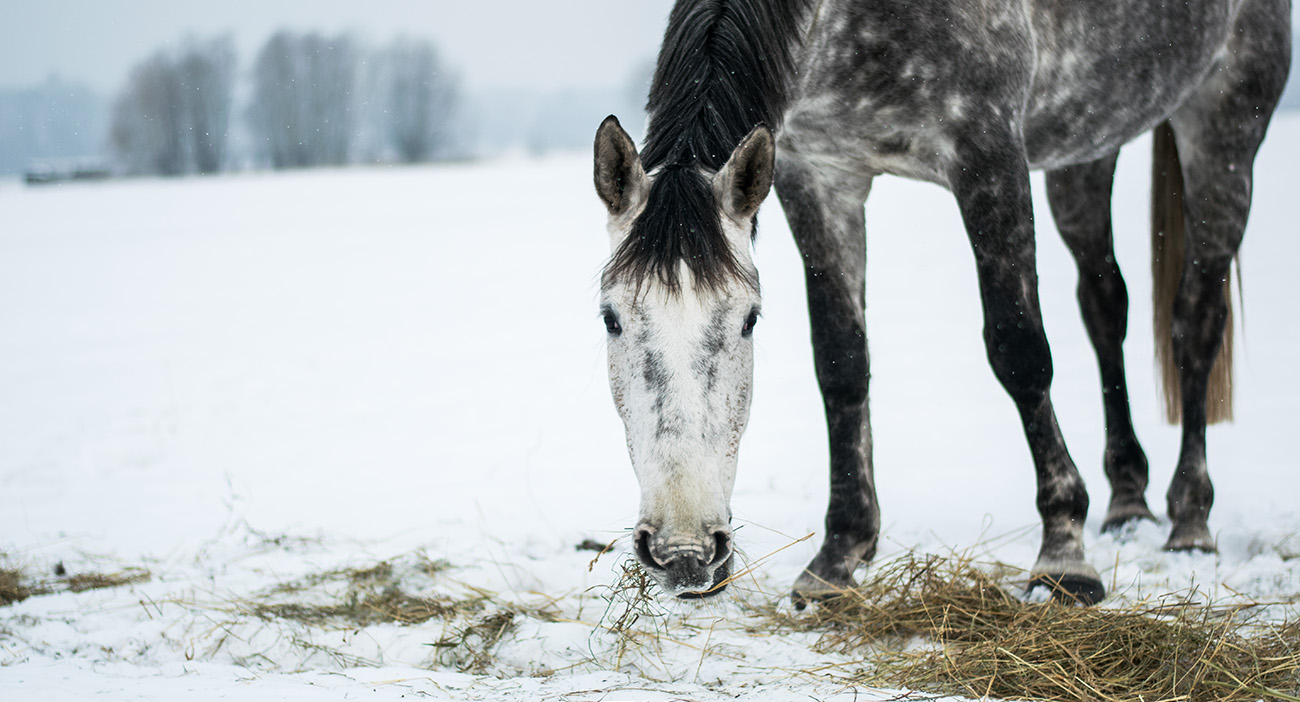
September 7, 2021
How To Feed Your Horse Indoors This Winter
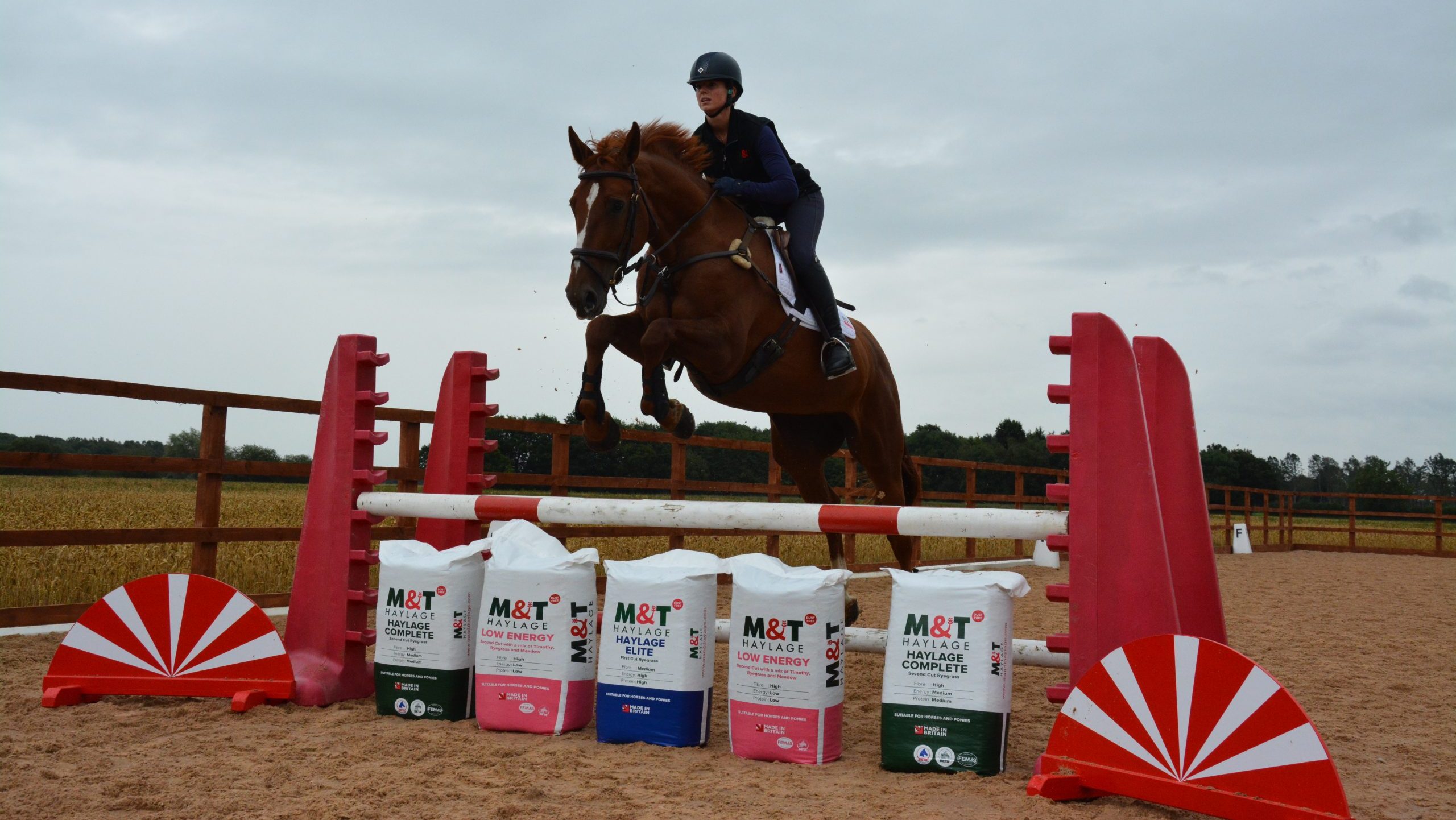
December 7, 2020
Premium Horse Forage: Ask The Nutritionist
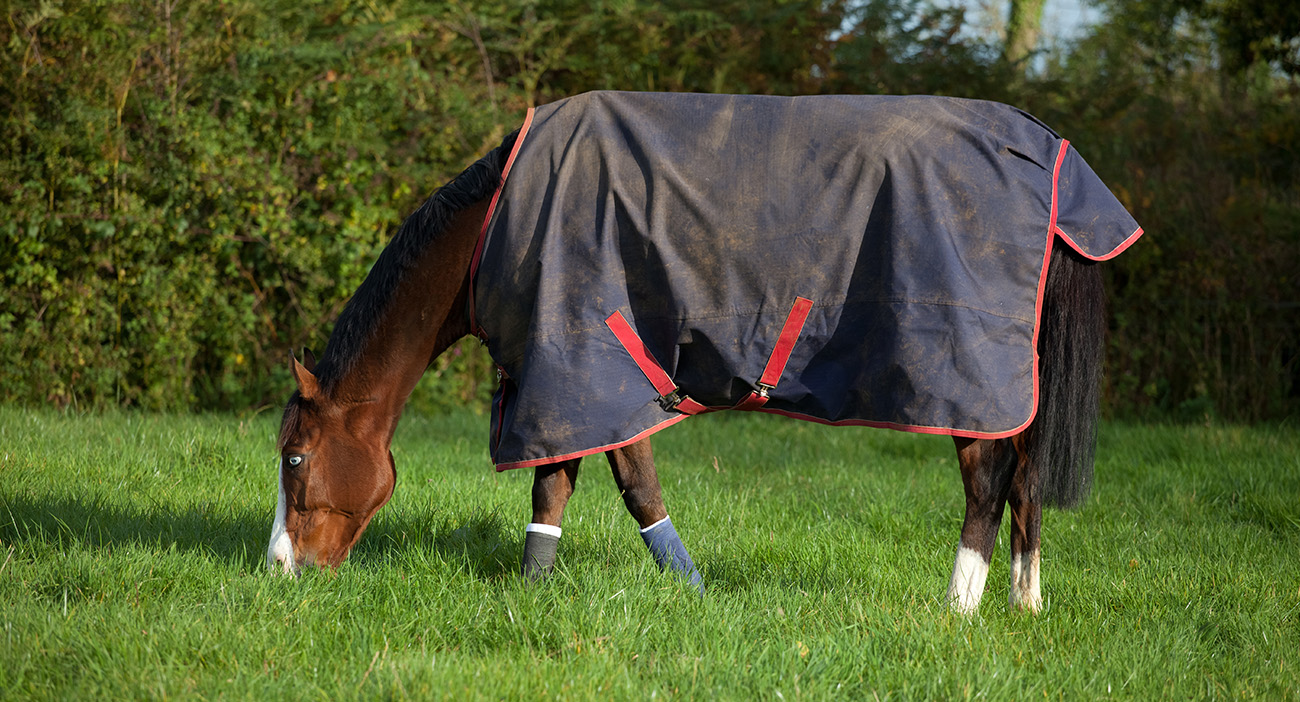
July 9, 2020
Top Tips For Managing Forage For Horses On The Go: Part One
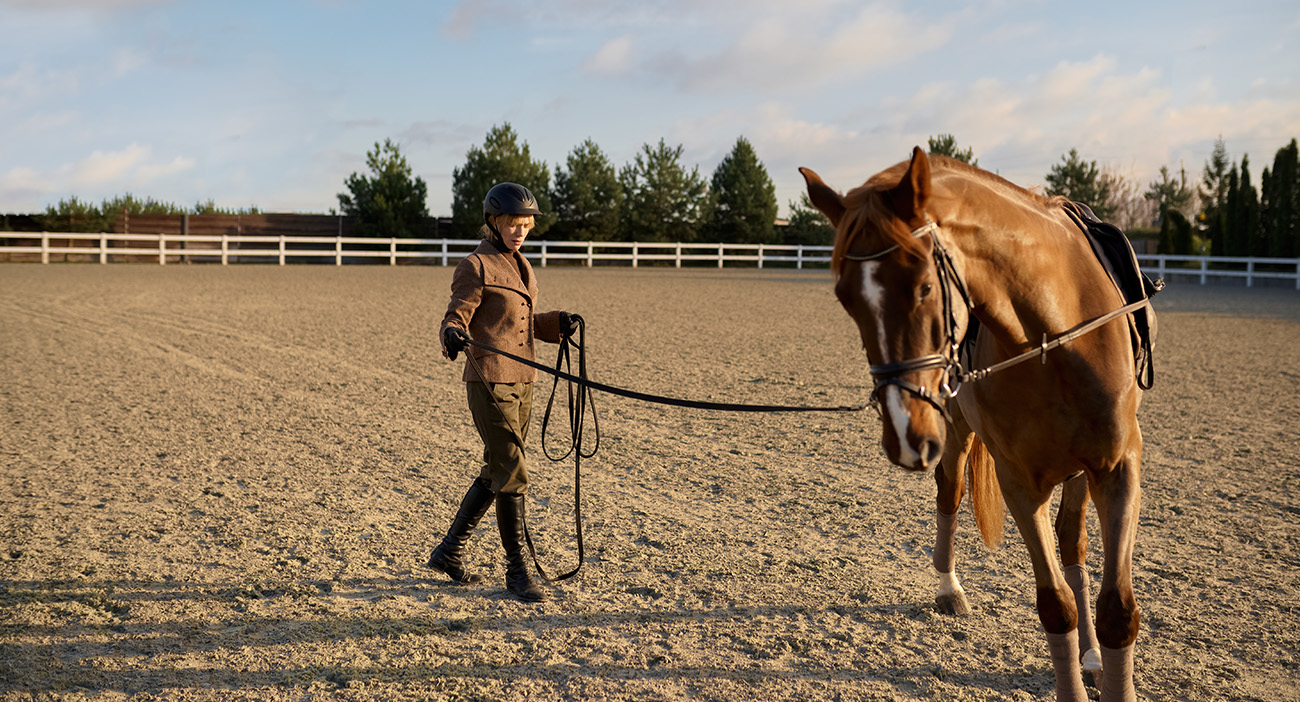
January 16, 2020
Haylage Myth Buster: Nutritionist Top Tips for Horses
